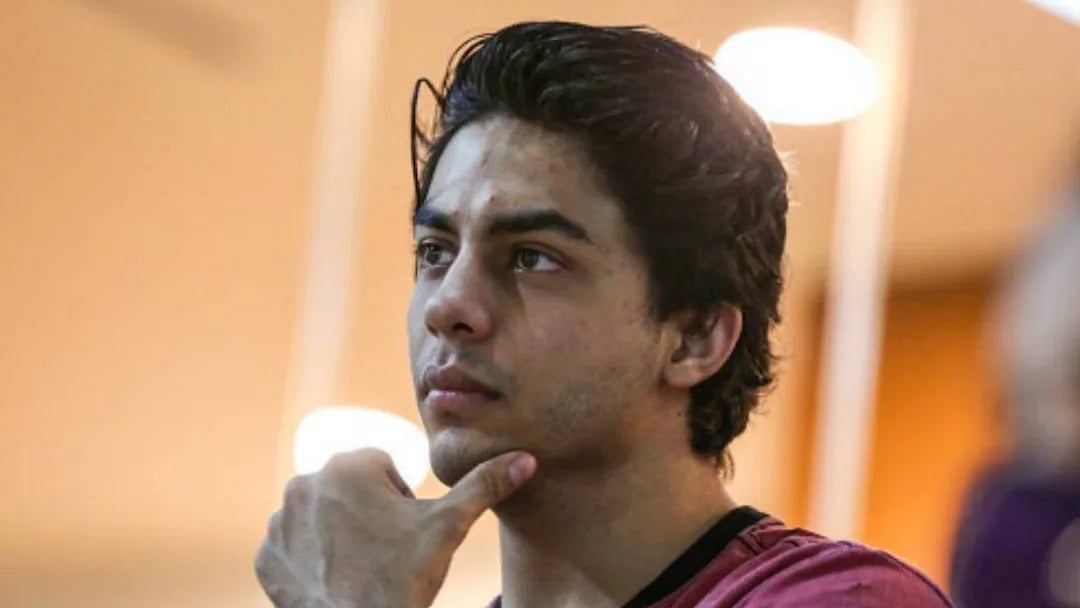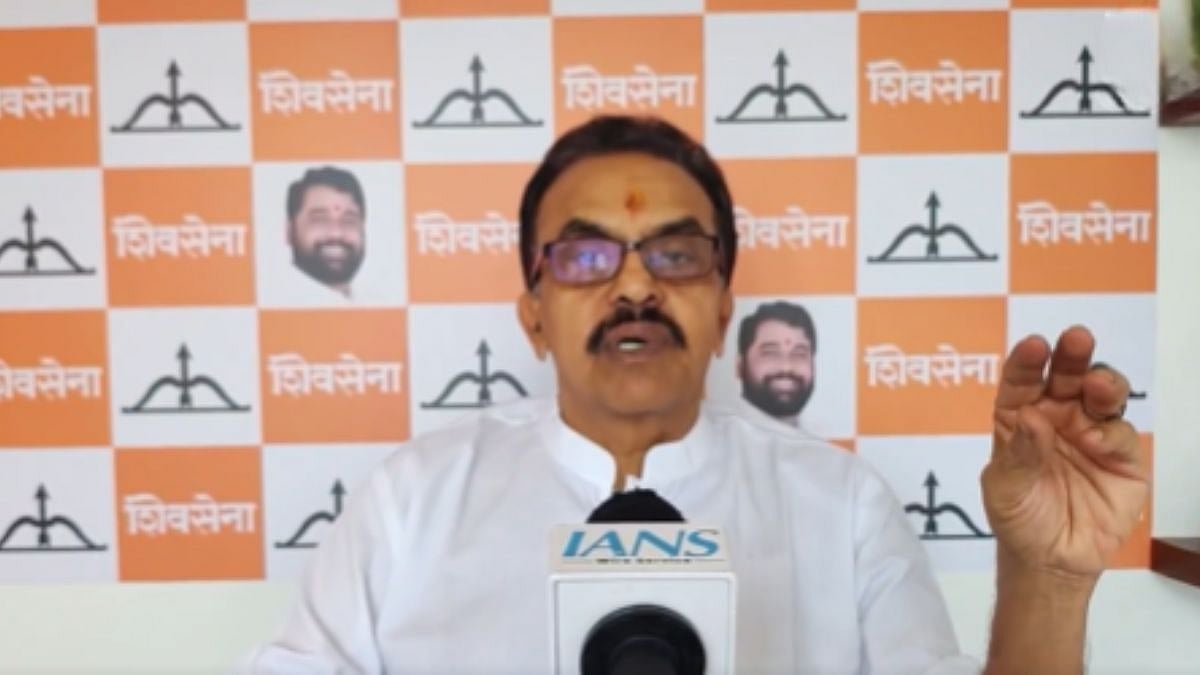Bollywood superstar Shah Rukh Khan's son Aryan Khan was arrested on October 3 by the Narcotics Control Bureau (NCB) along with his friend Arbaaz Merchant (26) and fashion model Munmun Dhamecha (28).
The trio is presently in judicial custody. While Aryan Khan and Merchant are lodged at the Arthur Road prison in central Mumbai, Dhamecha is at the Byculla women's prison.
Here's why a special NDPS court refused to grant them bail?
A special court, designated to hear cases related to the Narcotics Drugs and Psychotropic Substances Act (NDPS), refused to grant them bail noting that "they were part of the conspiracy".
The lower court had said Aryan Khan had a "nexus with drug peddlers and suppliers and had indulged in illicit drug activities on a regular basis".
What is NDPS ACT?
The Narcotic Drugs and Psychotropic Substances Act, 1985 views drug offences very seriously and prescribes stiff penalties. The Act follows a graded system of punishment with the punishment varying with the quantum of punishment being dependent upon whether the offence pertains to small, commercial and intermediate quantities of narcotic drugs and psychotropic substances.
For offences involving commercial quantities of drugs, a minimum penalty of ten years rigorous imprisonment is prescribed, which may extend to twenty years. Repeat offences attract one and half times the penalty and in a few cases even the death penalty. Alongside these stringent provisions, the Act has procedural safeguards as follows:
Personal search: Any person being searched has a right to be searched before a Gazetted Officer or a Magistrate (Section 50). The officer searching the person has to explain to the person that he has a right to be searched before a Gazetted Officer or a Magistrate and if the person wishes to be searched before a Gazetted Officer or a Magistrate he should be taken to the Gazetted Officer or the Magistrate and searched.
However, if the officer has reason to believe that it is not possible to take him to a Gazetted officer or a magistrate without giving him a chance to part with the drug, controlled substance, etc., he can search him under Section 100 of the Cr. P. C. [Section 50(5) and 50 (6)].
Searches: As per Section 41 of the NDPS Act, Gazetted Officers of the empowered Departments can authorize searches. Such authorization has to be based on information taken down in writing. As per Section 42, searches can be made under certain circumstances without a warrant (from a magistrate) or authorization (from a Gazetted Officer). In case of such searches, the officer has to send a copy of the information taken in writing or the grounds of his belief to his immediate official superior within 72 hours.
Arrests: The person who is arrested should be informed, as soon as may be, the grounds of his arrest [Section 52 (1)]. If the arrest or seizure is based on a warrant issued by a magistrate, the person or the seized article should be forwarded to that magistrate [Section 52(2)].
The officer who arrests a person has to make a full report to his official superior within 48 hours [section 57].
Immunities for a drug offence
Officers: Officers acting in the discharge of their duties in good faith under the Act are immune from suits, prosecution and other legal proceedings (Section 69).
Addicts: Addicts charged with consumption of drugs (Section 27) or with offences involving small quantities will be immune from prosecution if they volunteer for de-addiction. This immunity may be withdrawn if the addict does not undergo complete treatment (Section 64A).
Offenders: Central or state governments can tender immunity to an offender in order to obtain his evidence in the case. This immunity is granted by the government and not by the court (Section 64).
Juvenile offenders: Juvenile offenders (below 18 years of age) will be governed by the Juvenile Justice (Care and Protection of Children) Act, 2000.
Immunities to diplomats as applicable.





